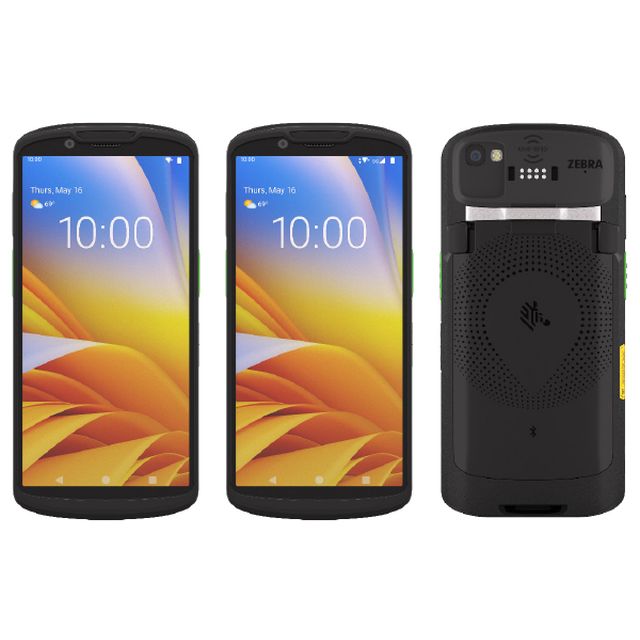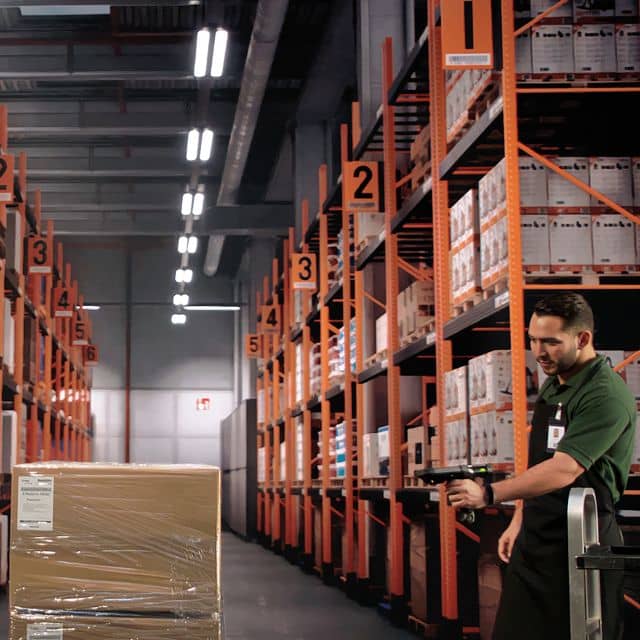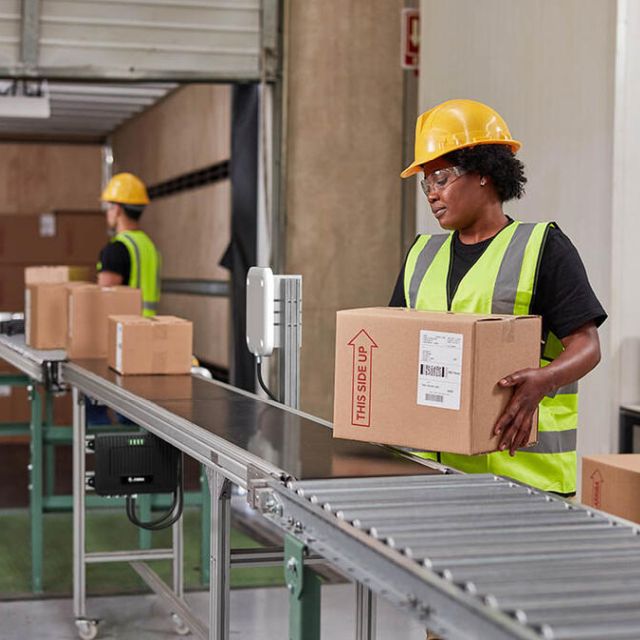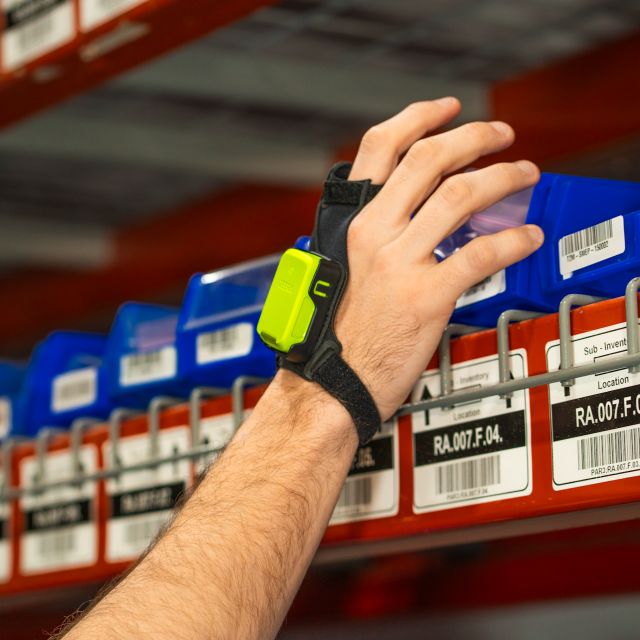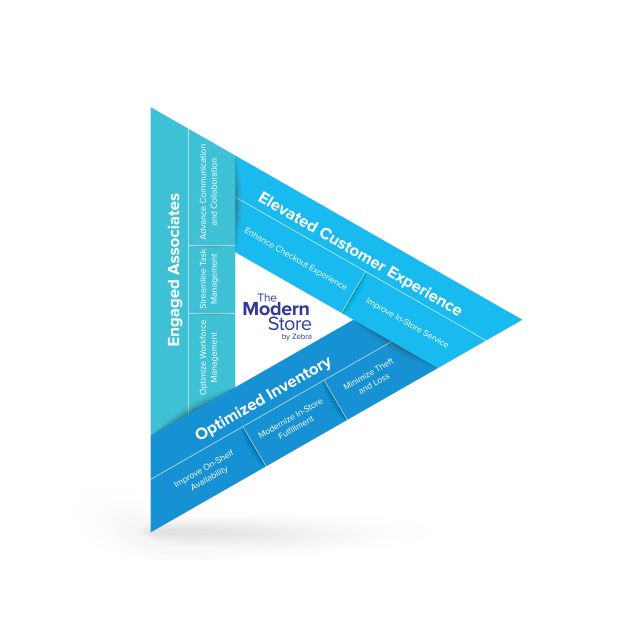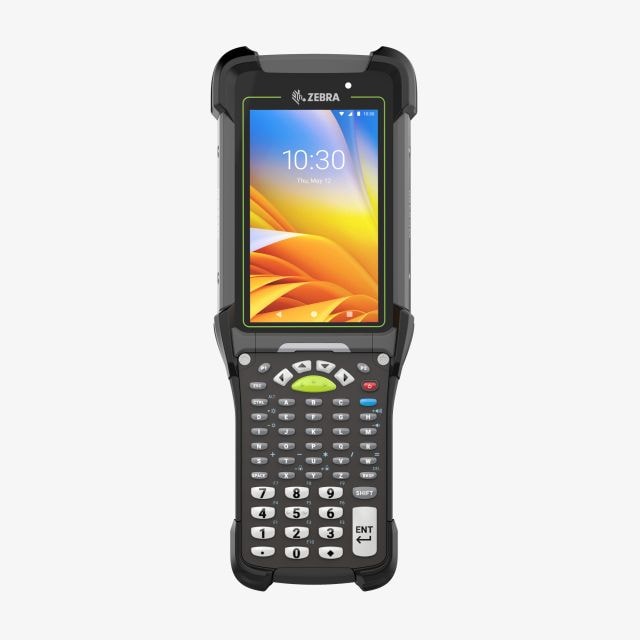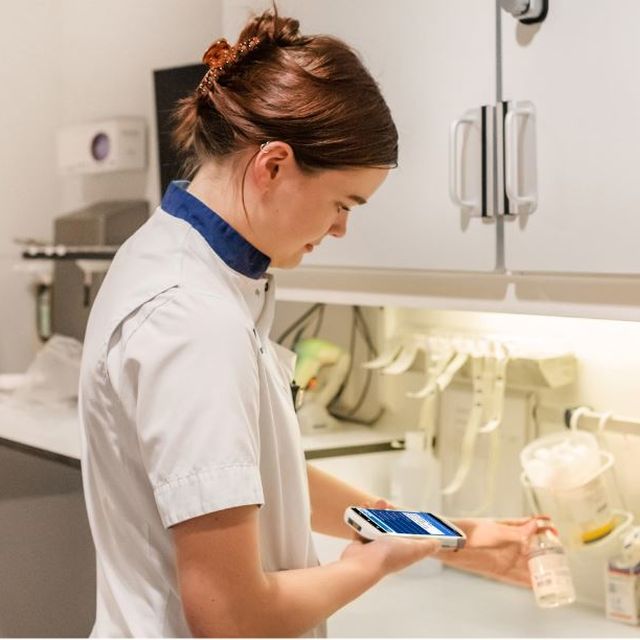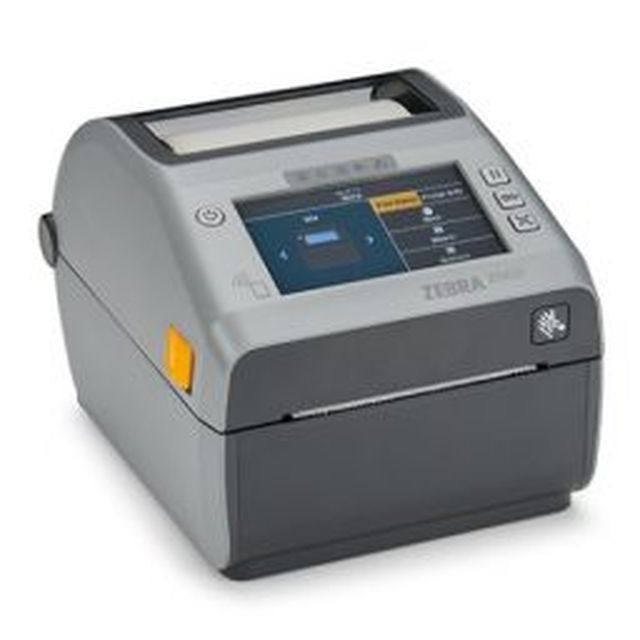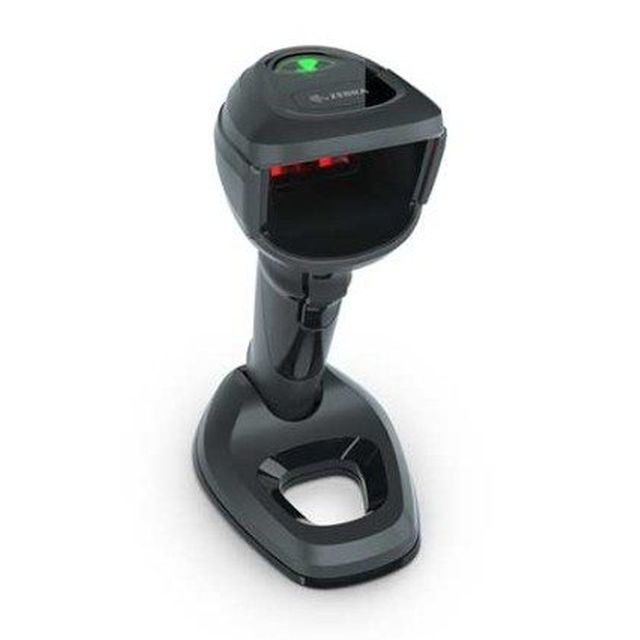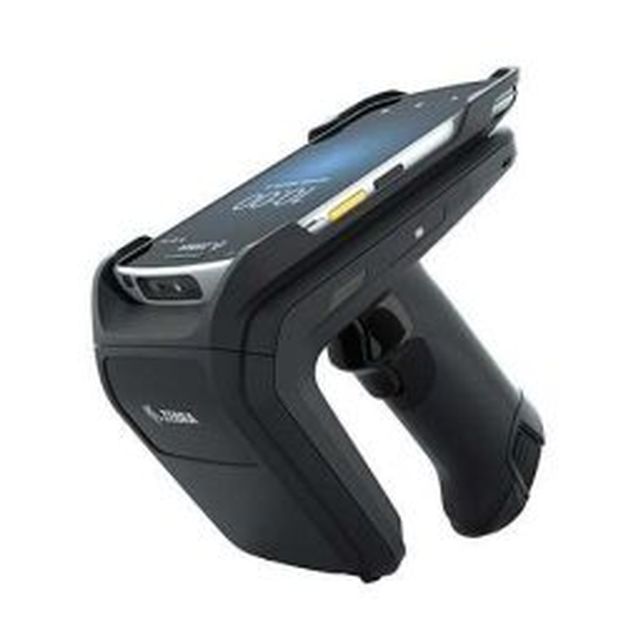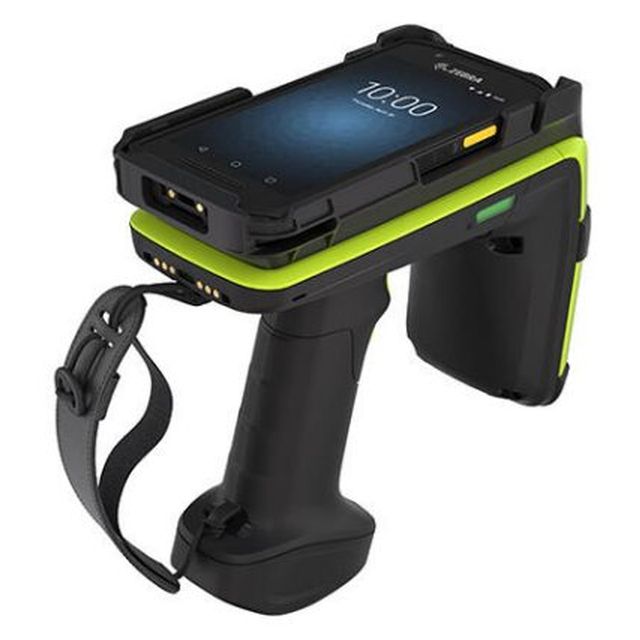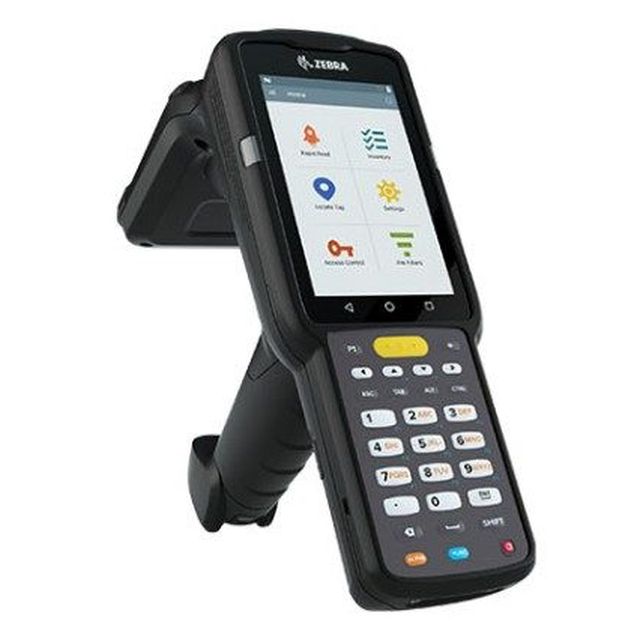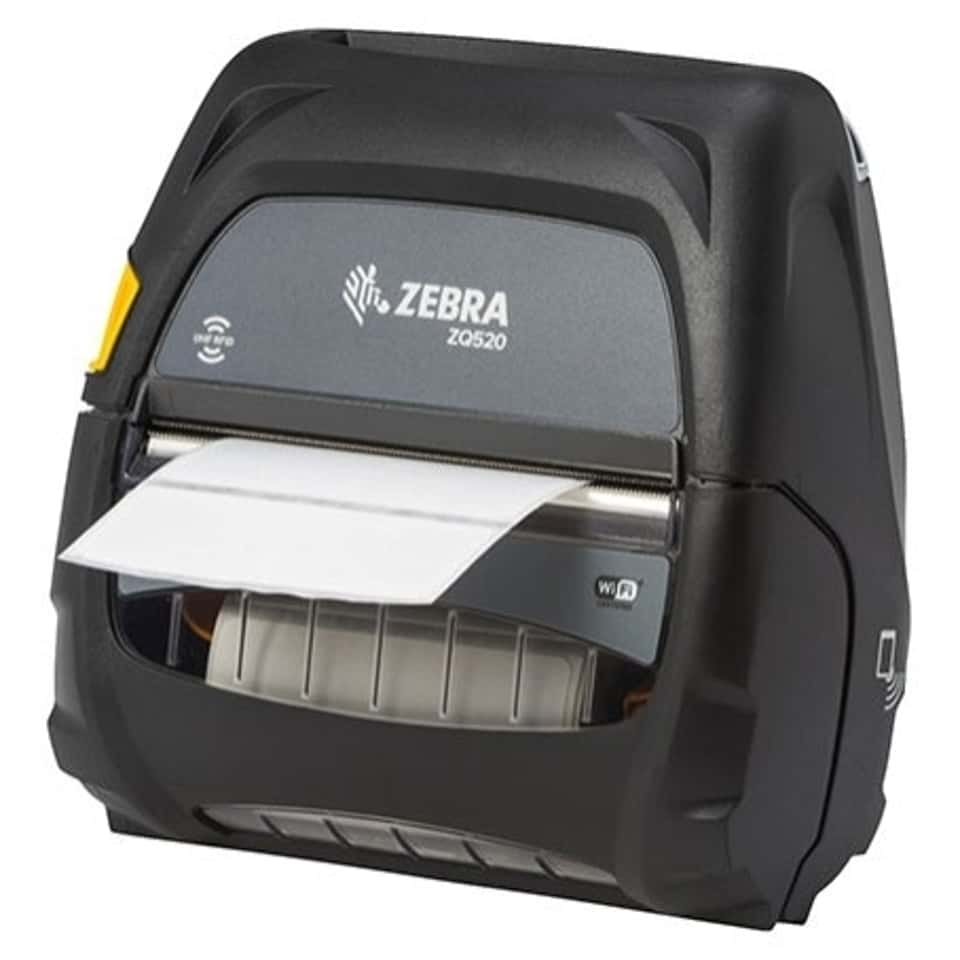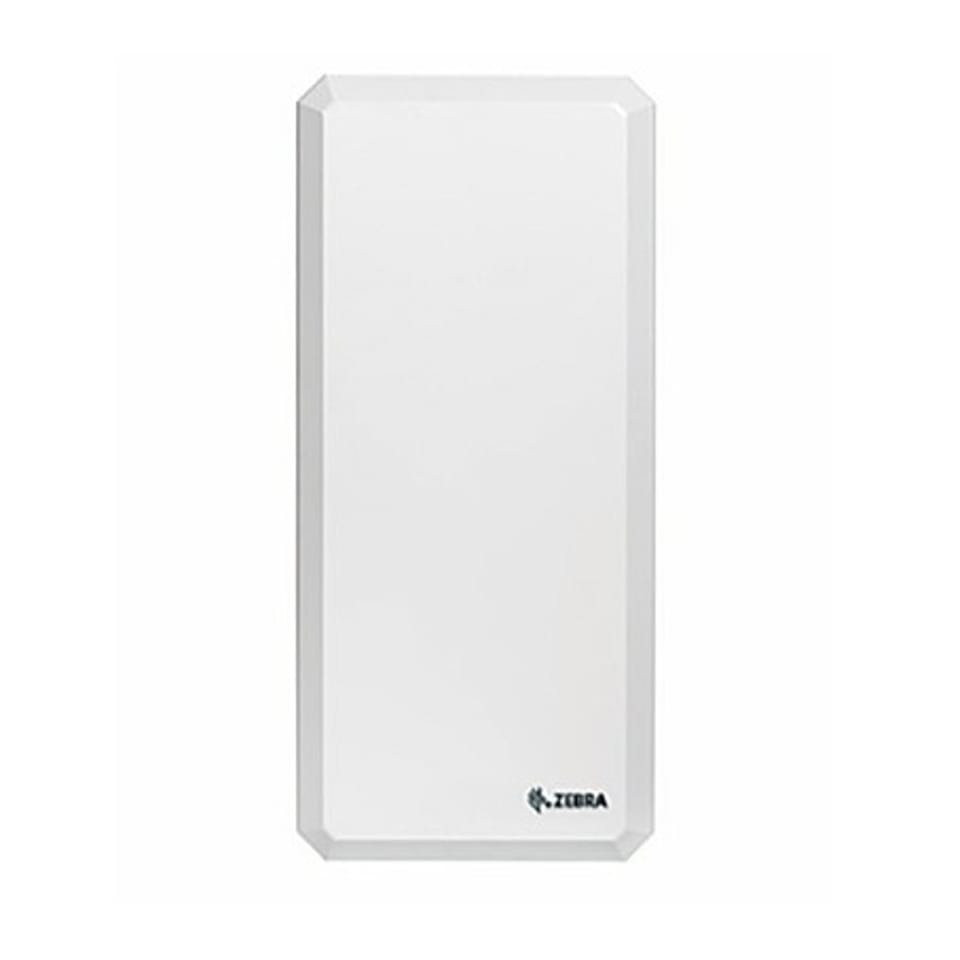Quick Service Restaurants are Implementing New Solutions to Reduce Plastics Waste
Radio frequency identification (RFID) can help businesses with their sustainability goals, in light of the European Unions’ Single Use Plastic Directive, says Zebra Technologies Corporation (NASDAQ: ZBRA), a leading digital solution provider enabling businesses to intelligently connect data, assets, and people.
The Directive has banned plastic cutlery, plates, straws, drink stirrers, polystyrene cups containers and lids across EU member states. Similar legislation comes into play in the UK from October 2023.
“Restaurants, retailers, hospitality providers and others who serve food and beverages must make changes now to be part of the solution versus part of the problem,” said Lorna Hopkin, RFID Specialist, EMEA, Zebra Technologies. “Consumers are expecting businesses to become more eco-friendly, and many governments are requiring it.”
There is a lot to think about for impacted industries who need to comply with these regulations and operate in a more environmentally friendly way in the back of house, where changes may not be so evident to the average consumer. If you’re a manager, you need to show that any plastics still in play are in a circular process which prevents your team from sending them to a landfill. You must show how many times they are used so you know when to recycle them, which means both asset management systems and staff behaviour will need to change too.
“One major global fast-food chain has already implemented a way to track the plastic tubs it uses to store ingredients, prep dishes, etc. from production, through reuse to final recycling,” explained Hopkin. “The innovative solution features dishwasher-ready RFID tags applied at the time of manufacture to uniquely identify plastics.”
Using a handheld RFID reader, tags are easily read each time items are sent for cleaning. When they return sparkling fresh, the items are quickly scanned back into the restaurant ensuring there is enough stock for the day. The plastics have a finite number of washes prior to requiring replacement, which is up to each establishment in this chain to define. But when nearing the threshold, a software app alerts store or district managers so they can order new stock.
Store staff are taken care of too with this technology because they don’t have to personally track usage or be held accountable if they miscount uses. Tubs have RFID readers fitted above them. A display alerts the team if reusable items have been discarded – and how many have been discarded – so they can be retrieved to prevent fines for landfill breaches. The solution is simple to install and with a real-time view of the lifecycle of reusable assets always available, it helps prevent the loss of plastic items and avoid compliance breaches.
The system isn’t restricted to plastic. It can be used to track other reusable items, reduce shrinkage, and cut food waste. The result is a more efficient, operation that helps save plastic, money and the planet.
RFID technology is used widely outside restaurant settings. Zebra has installed thousands of bespoke asset tracking solutions across the world, that include but are by no means restricted to tracking football players, monitoring casino chips, preventing the loss of designer glasses, protecting endangered cacti, keeping kitchen parts together, and controlling medicinal cannabis distribution.
Zebra is committed to sustainability best practices. It was named a 2022 Supplier Engagement Leader by CDP, a global nonprofit that runs the disclosure system for investors, companies, cities and states to manage their environmental impacts.
CDP’s annual Supplier Engagement Rating system independently evaluates supplier engagement strategies with the aim of recognising best practice and accelerating action to reduce emissions in global supply chains. Zebra was rated among the top 8% assessed for supplier engagement on climate change.
In alignment with the Science Based Targets initiative, Zebra is committed to a 15% absolute reduction in scope 3 greenhouse gas emissions from purchased goods and the customer use of sold products by 2030 from its 2020 baseline. To achieve this goal, the company is focused on supplier engagement, product innovation, and circular economy sustainability initiatives.
Zebra’s resource conservation initiatives include, but are not limited to, waste reduction, circular economy product innovation with certified refurbished devices, eco-packaging and sustainable product design. Zebra’s Circular Economy Program was recognised with a 2021 Sustainability Service of the Year award by the Business Intelligence Group.







